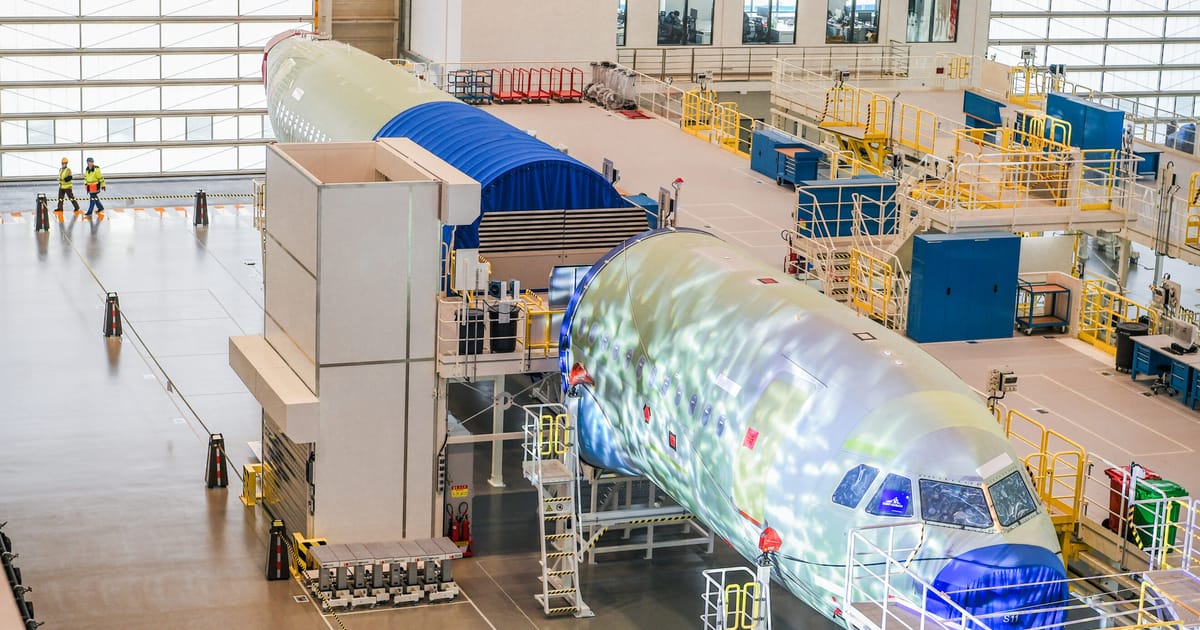The three-way deal seeks to create a challenger to Musk’s SpaceX — especially in low-earth orbit satellites of the type that power his Starlink internet service. SpaceX’s projected 2025 revenue is around $15 billion.
The deal — initially named Project Bromo after a volcano in Indonesia — has been a long time coming. Talks among the three companies were complicated by the involvement of five governments as shareholders or partners. And winning antitrust approval was always going to be a tall order.
France, Italy, Germany, Spain and the U.K. will all have an interest in the new company, which will be headquartered in Toulouse in southern France but will be split out into five different legal entities to preserve sovereign interests. The governance structure mirrors that of European missilemaker MDBA.
Airbus, the European aerospace giant, will own a 35 percent stake, while Leonardo of Italy and Thales of France will own 32.5 percent each. There will be a sole yet-to-be-named CEO and managing directors for each country, an Airbus spokesperson told POLITICO.
French Economy Minister Roland Lescure hailed the announcement as “excellent news.” “The creation of a European satellite champion allows us to increase investment in research and innovation in this strategic sector and reinforce our sovereignty in a context of intense global competition,” he said in a post on Bluesky.
Sounding rather less enthusiastic, a spokesperson for German Economy Minister Katherina Reiche said Berlin was following the possible consolidation of the European aerospace industry “with great interest” and was in touch with Airbus and its defense subsidiary.

